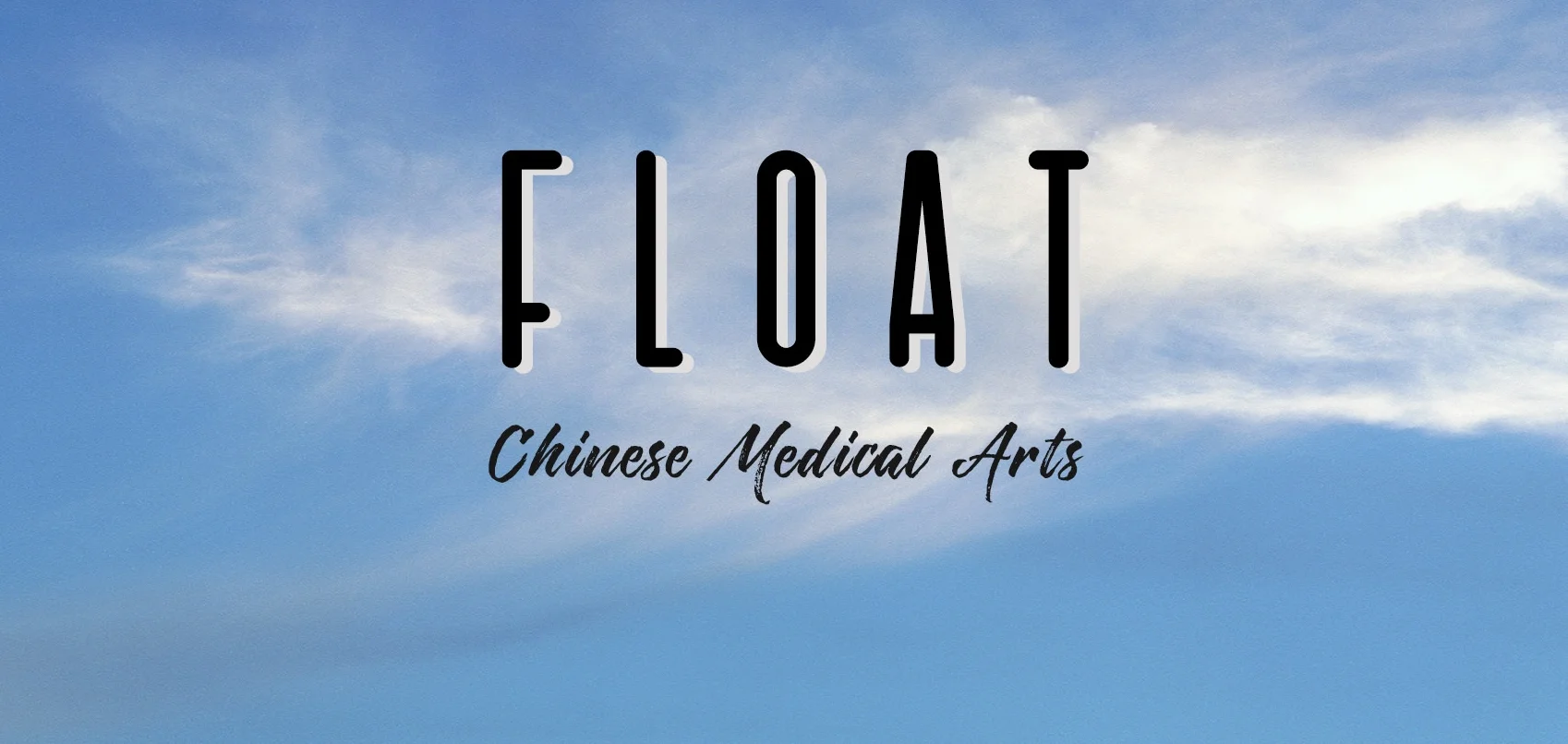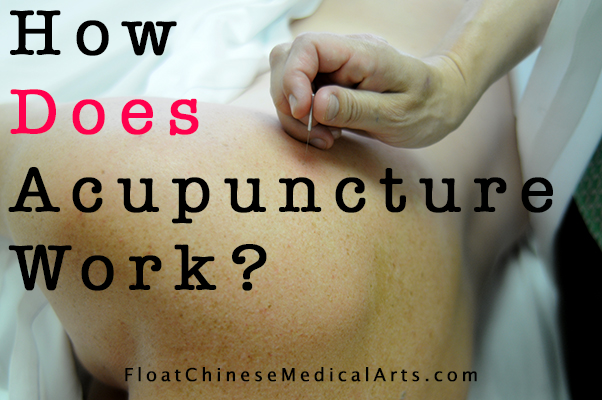FREQUENTLY ASKED QUESTIONS
Photo By Dave Clark; Infographic by Jacqueline Gabardy
Does acupuncture hurt?
Not really! Receiving an acupuncture treatment is nothing like getting a shot, or even having blood drawn. We are trained to AVOID hitting the veins. Acupuncture needles are hair-thin and flexible, not hollow like a hypodermic needle; most patients don't feel pain or discomfort. What may be felt is a quick "insect bite" or a warm intensity - these sensations are the feeling of Qi coming to the surface. Some patients don't feel the needles at all. Occasionally, a needle can cause a brief "ouch!" but that sensation quickly dissipates within a few seconds. If not, the acupuncturist will remove the needle immediately. Each person's sensitivity to needles is different, since everyone's Qi is unique. Once all the needles have been inserted, you will most likely fall into a meditative or nap-like state. (We like to call this the Acu Nap.) This state of relaxation occurs because Acupuncture stimulates the parasympathetic nervous system ("Rest & Digest").
Why Choose Acupuncture & Chinese Medicine?
According to a report released by the National Institute of Health and the World Health Organization in 2003, acupuncture can effectively treat many chronic and acute health conditions, and is an effective form of preventive care.
What Conditions Can Be Treated with Acupuncture & Chinese Medicine?
Because Acupuncture & Chinese Medicine are complex systems of internal medicine, they treat more conditions than can be listed here. You can find out more in detail about the Conditions We Treat most often at FLOAT by exploring the sections that apply to you:
In addition to the issues explored in our Conditions We Treat section, here's a longer list of conditions that we have experience treating at FLOAT. If you have questions about a particular condition not listed here, please contact us so we can answer your questions.
bladder/kidney problems
dizziness/vertigo
drug/alcohol/smoking addictions
effects of chemotherapy
fatigue
facial rejuvenation
hair loss
hemorrhoids
high blood pressure/high cholesterol
paralysis/numbness
sinus problems
skin problems
weight loss
How long does it take to notice results?
Treatment efficacy depends on the severity and nature of the condition. Acute conditions may respond to 2 or 3 treatments, while chronic conditions may require a series of 5 to 15 treatments or more. Some degenerative conditions may require ongoing, long-term treatment. For healthy individuals with no complaints, preventive care may be achieved by receiving treatments at least once with each change of the season.
Acupuncture 101
Here's a lovely piece on what you need to know about Acupuncture on MindBodyGreen.
IF YOU HAVE ANY OTHER QUESTIONS, PLEASE CALL US AT 626-460-8616 or email frontdesk@floatchinesemedicalarts.com. We look forward to connecting with you!


